Deck & Commander Strategies

Elsha of the Infinite
Utilizes Sensei's Top and mana reducers to draw through the deck rapidly, deploying flicker effects and prison-style control to lock opponents down before winning through combo or incremental advantage.

The Master of Keys
Focuses on self-milling to fuel casting enchantments from the graveyard, leveraging cloning and reanimation synergies to generate board presence and value, aiming for a grindy, resilient midrange approach.

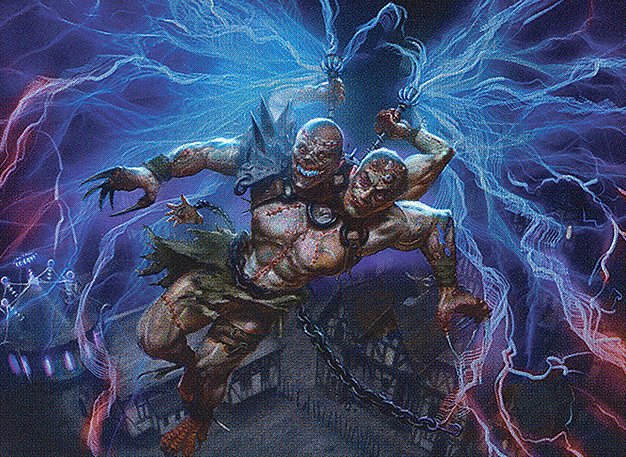
Tymna the Weaver / Kraum, Ludevic's Opus
Executes fast combo lines centered on infinite mana combos and powerful draw engines, using aggressive early plays and interaction to close the game quickly.


Tymna the Weaver / Thrasios, Triton Hero
Combines efficient mana ramp and card draw with infinite mana combos, aiming to build overwhelming board states and finish the game with infinite damage or lock pieces.
Gameplay Insights
- 1
Using Wheel of Fortune to reset hands disrupted opponents' plans and allowed fresh starts, which was critical in the slower post-ban environment.
- 2
The Master of Keys player leveraged high X-value casting to enter the battlefield with multiple counters, maximizing self-mill triggers and card advantage.
- 3
Flicker effects like Displacer Kitten and Faerie Time Raver were used strategically to protect key permanents and reuse triggered abilities.
- 4
Casting Force of Negation in response to opponents' spells maintained board control and prevented devastating combos from resolving.
- 5
Deflecting Swat was attempted as a key interaction to redirect a threatening bounce effect, demonstrating the importance of nuanced interaction, though the targeting rules ultimately negated its effectiveness in that instance.
- 6
Static Prison was used as a removal tool to temporarily exile problematic creatures, gaining tempo and board presence.
- 7
The synergy between cards generating treasure tokens and mana ramp spells like Grim Monolith and Smothering Tithe enabled explosive mana acceleration for combo execution.
- 8
The importance of color mana availability was highlighted when a player’s tutor choice failed due to lack of white mana, underscoring the need for careful mana base management in cEDH.
Notable Cards
-

Kraum, Ludevic's Opus
-

Thrasios, Triton Hero
-
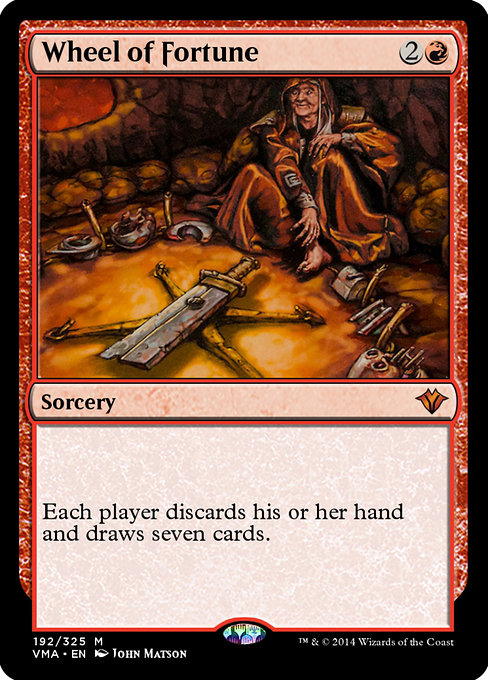
Wheel of Fortune
-

Force of Negation
-

Deflecting Swat
-
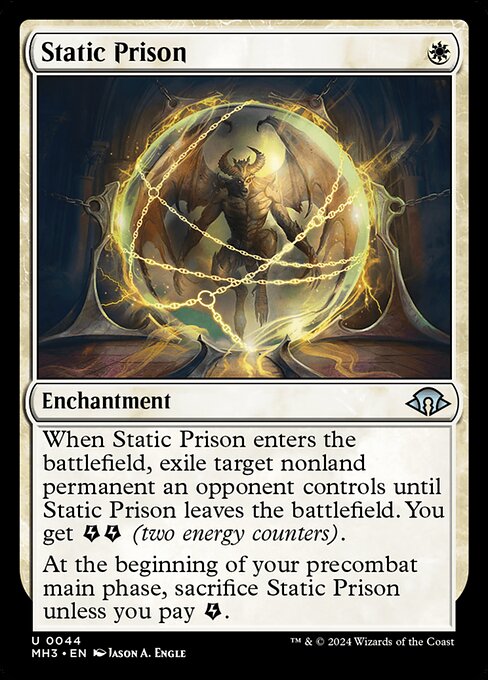
Static Prison
-
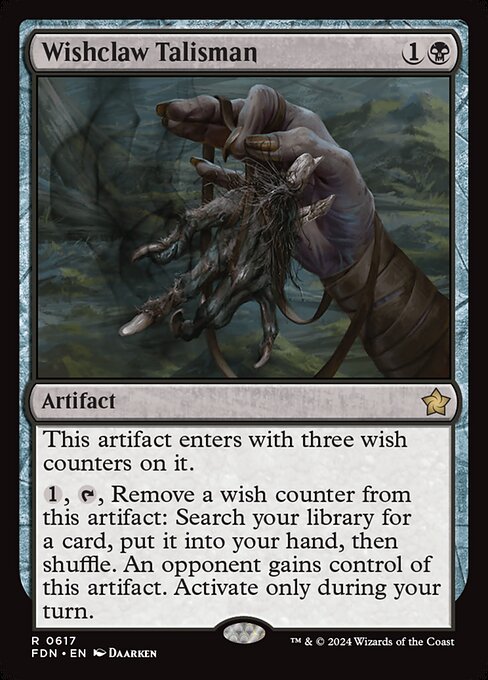
Wishclaw Talisman
-
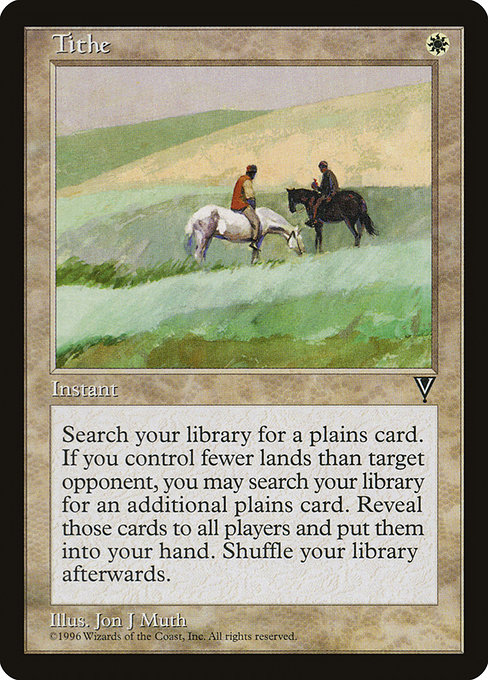
Tithe
-
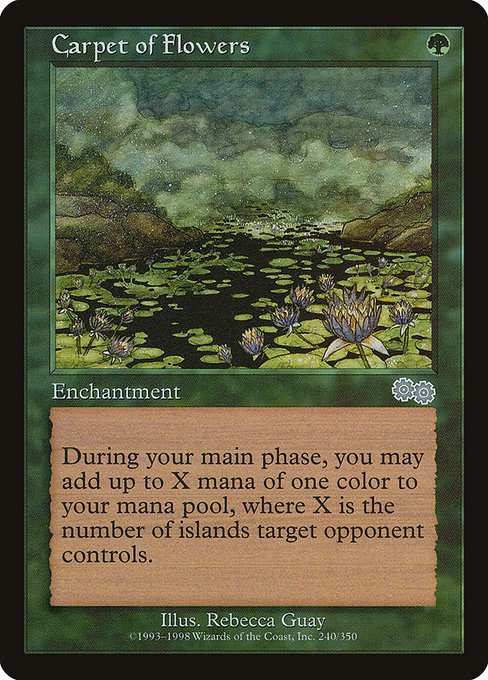
Carpet of Flowers
-
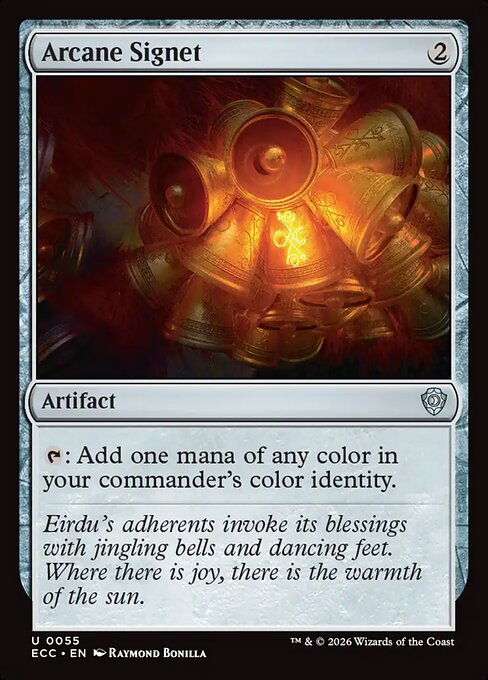
Arcane Signet
-
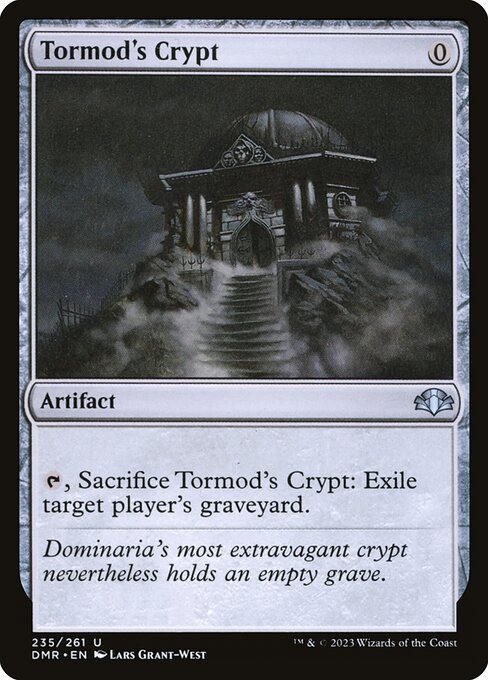
Tormod's Crypt
-
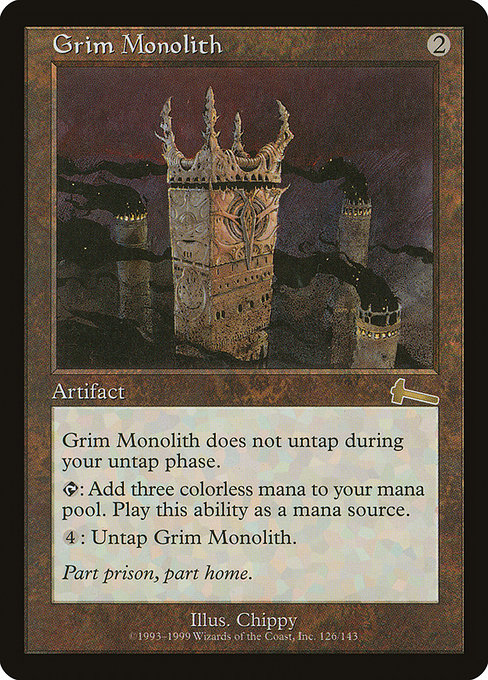
Grim Monolith
-
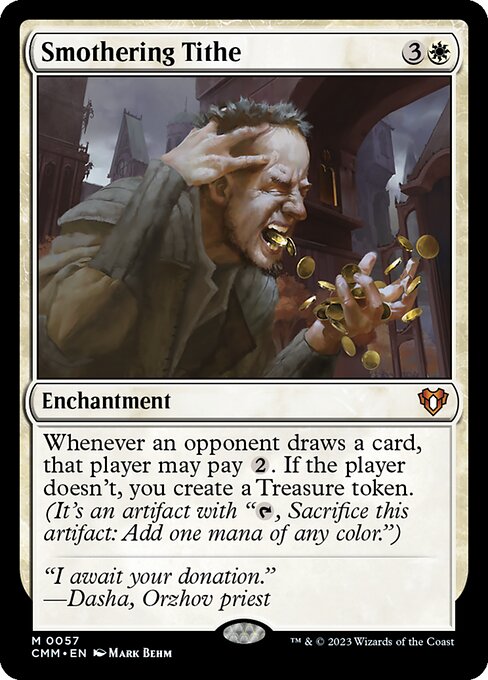
Smothering Tithe
-

Flickerwisp
Gameplay Summary
The game unfolded with four competitive cEDH decks jockeying for early advantage in a slower post-ban meta.
Elsha of the Infinite focused on setting up Sensei's Top and mana reducers to draw through the deck quickly, while the Master of Keys deck aimed to self-mill and cast enchantments from the graveyard, utilizing a slower but spicy reanimation and cloning package.
Timna/Kraum and Tymna/Thrasios decks pursued fast combo lines, leveraging infinite mana combos and strong card draw engines to close out the game swiftly. Key turning points included the use of Wheel of Fortune to reset hands, multiple artifact and enchantment synergies triggering extensive card draw, and impactful interaction with cards like Deflecting Swat and Force of Negation that shaped the pace of the game.
The Master of Keys player managed to establish a board presence with multiple counters and mill effects, while Tymna/Thrasios executed a potent mana ramp and combo setup, though the lack of white mana at a critical moment hindered their planned sequence.
Elsha leveraged static prison and flicker effects to control the board, buying time to assemble a win.
The game featured tight interaction with repeated use of flicker effects, treasure token generation, and timely counterspells, ultimately showcasing the intricacies and adaptations of cEDH post-ban strategies.





















![Stuck Between a Mogg Salvage and a Hard Place Ft. @BasedBreadCEDH [cEDH Gameplay] thumbnail](https://i.ytimg.com/vi/Y-zpQMbo97o/sddefault.jpg)












